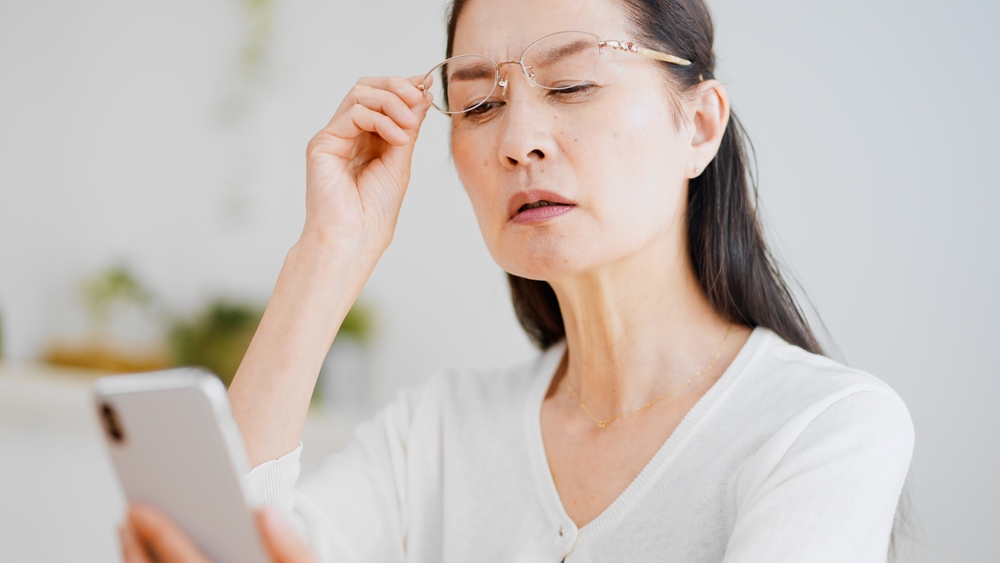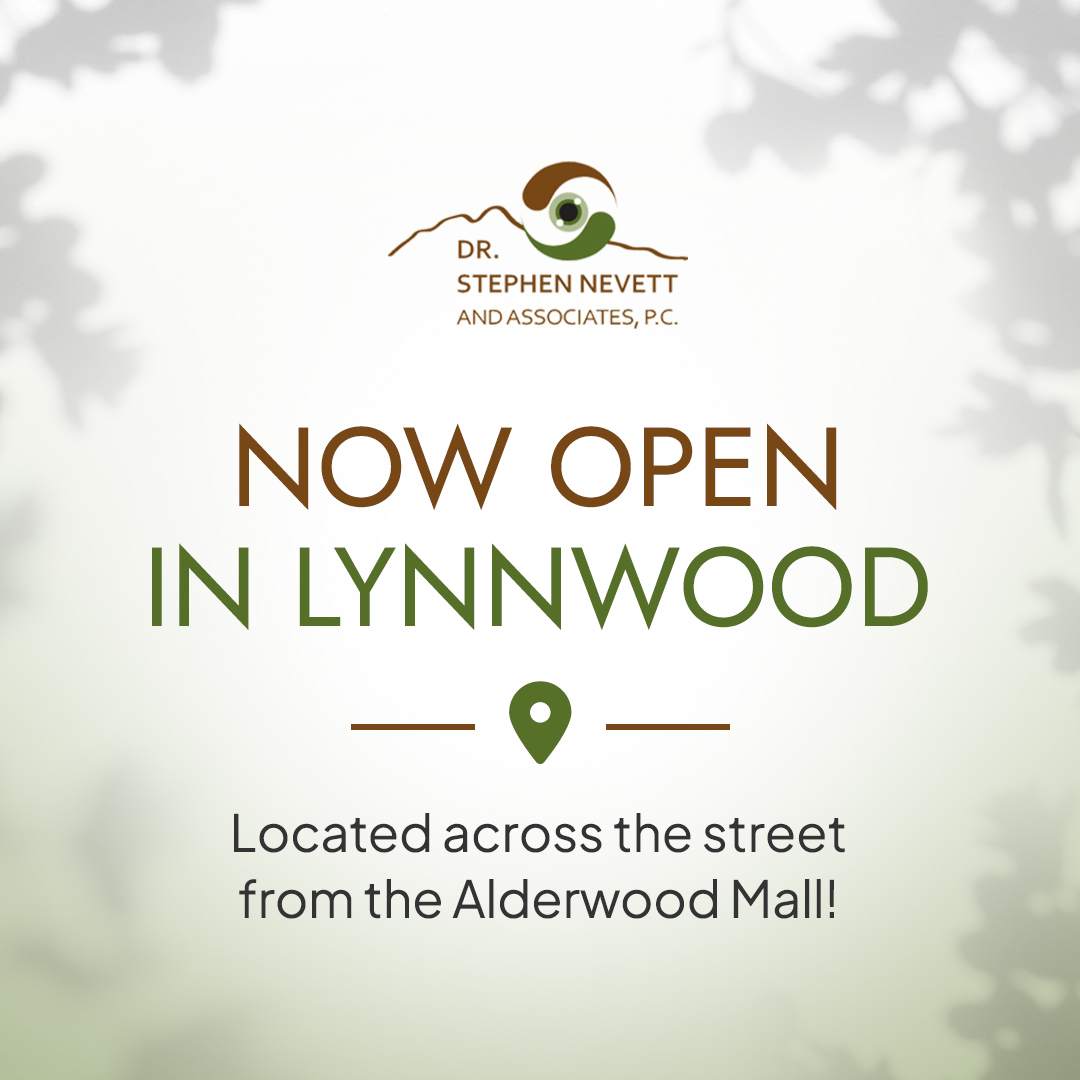
Nystagmus, often referred to as "shaky eyes," is a condition characterized by involuntary, repetitive eye movements. These movements can make it challenging to focus, maintain balance, or perform everyday tasks. While living with nystagmus may present unique challenges, there are many strategies to enhance comfort, independence, and quality of life.
Understanding Nystagmus
Nystagmus can vary in severity and type, from congenital (present at birth) to acquired (developing later in life due to other factors). The condition affects vision stability, leading to issues such as:
• Difficulty focusing on objects
• Impaired depth perception, affecting balance
• Increased sensitivity to light
• A feeling of the world “shaking” (oscillopsia)
Each person’s experience is unique, so individualized care and management are essential.
Practical Tips for Managing Daily Challenges
Creating an environment that reduces visual strain is essential for individuals with nystagmus. Start by improving lighting in your space—opt for soft, indirect lighting to minimize glare and enhance visual comfort. Keeping your surroundings organized and free of clutter can also help reduce visual distractions, making it easier to focus on daily tasks.
Using visual aids like glasses, magnifiers, or special lenses can significantly improve focus and clarity. In addition, technology can be a valuable ally—tablets, e-readers, and devices with zoom capabilities make reading and other visual tasks more manageable. These tools provide enhanced access to information and support independence.
Assistive tools can simplify daily tasks and reduce strain. Large-print materials, including books, labels, and digital content, can make reading less taxing on the eyes. For work or school, speech-to-text software, such as screen readers or dictation tools, can provide valuable support and improve efficiency.
Why Regular Eye Care Matters
Ongoing care is crucial for anyone living with nystagmus. Dr. Stephen Nevett and Associates can help you:
• Evaluate how nystagmus impacts your vision
• Provide specialized treatments, including corrective lenses or prisms
• Monitor for associated conditions, like strabismus or refractive errors
Take the First Step Toward Better Vision Management
Living with nystagmus may require adaptations, but with the right tools, strategies, and support, it’s entirely possible to lead a fulfilling and independent life. By optimizing your environment, using assistive technology, and staying proactive about your eye care, you can effectively manage daily challenges and enhance your quality of life.
If you or a loved one has nystagmus, schedule an eye exam with Dr. Stephen Nevett and Associates to explore how we can support your vision and well-being. Visit our office in Lynnwood (425) 712-8443, Kirkland (425) 602-6153, or Seattle (206) 364-2273 to book an appointment today.







